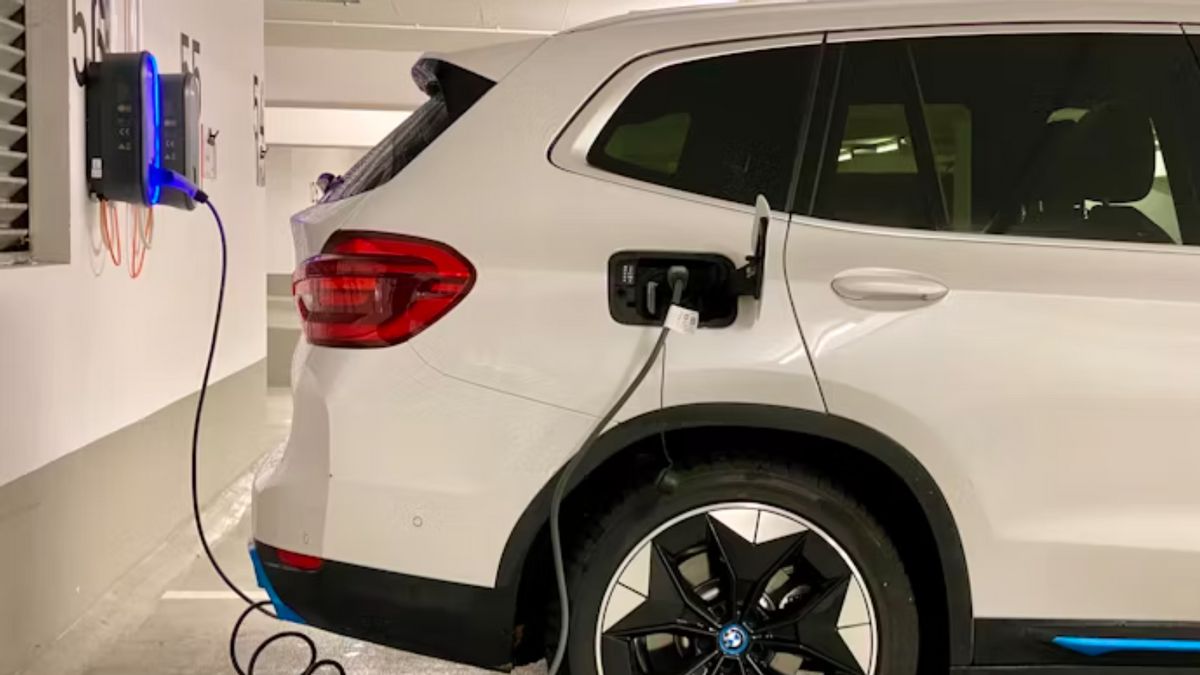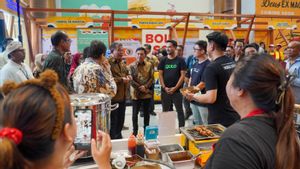JAKARTA - The high new tariff determination for Chinese imports to the United States (US), including electric vehicles (EV), will take effect on August 1 in a move that the Biden administration says will protect local jobs.
President Joe Biden maintains many tariffs imposed by Donald Trump and increases other rates, Carscoops reported Thursday (23/5).
For example, the import rate of Chinese vehicles will rise from 25 percent to 100 percent. This includes pure electric vehicles (BEVs) of all sizes, as well as plug-in hybrids (PHEVs).
Batteries from China will also be subject to expensive fares. For example, import duties for batteries will rise from 7.5 percent to 25 percent, this will take effect from January 1, 2026.
A 50 percent tariff will also be applied to semiconductors starting January 1, 2025, while various tariffs have been imposed on important minerals used in batteries, up to 25 percent starting August 1, 2024.
The US Commerce Representative will open a 30-day period for public comments that will close on June 28.
As reported by ANTARA, Saturday, May 25, US Trade Representative Total Tai said the new tariff was justified because China was said to have stolen US intellectual property.
China is not happy with the tariff. Earlier this week, the Chinese Embassy in Washington said that the tariff increase was
Not only will it disrupt economic and normal trade cooperation between China and the US, but will also significantly increase the cost of imported goods, cause more losses to American companies and consumers, and make US consumers pay even more.
SEE ALSO:
The US imports 427 billion USD (approximately IDR 6.8 quadrillion) worth of goods from China in 2023, much more than 148 billion USD (approximately IDR 2.3 quadrillion) goods imported by China from the US.
The Chinese government has hinted that it will impose a tariff as high as 25 percent for large-engine imported cars in response to US rates.
The new rate introduced by the Biden administration makes it very difficult for Chinese electric car manufacturers to sell their vehicles directly in the US. However, this does not prevent these companies from potentially setting up local factories in Mexico and exporting them from there.
The English, Chinese, Japanese, Arabic, and French versions are automatically generated by the AI. So there may still be inaccuracies in translating, please always see Indonesian as our main language. (system supported by DigitalSiber.id)

















